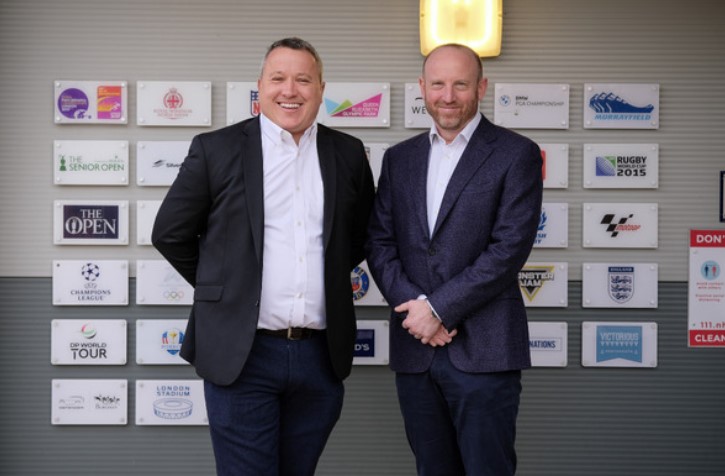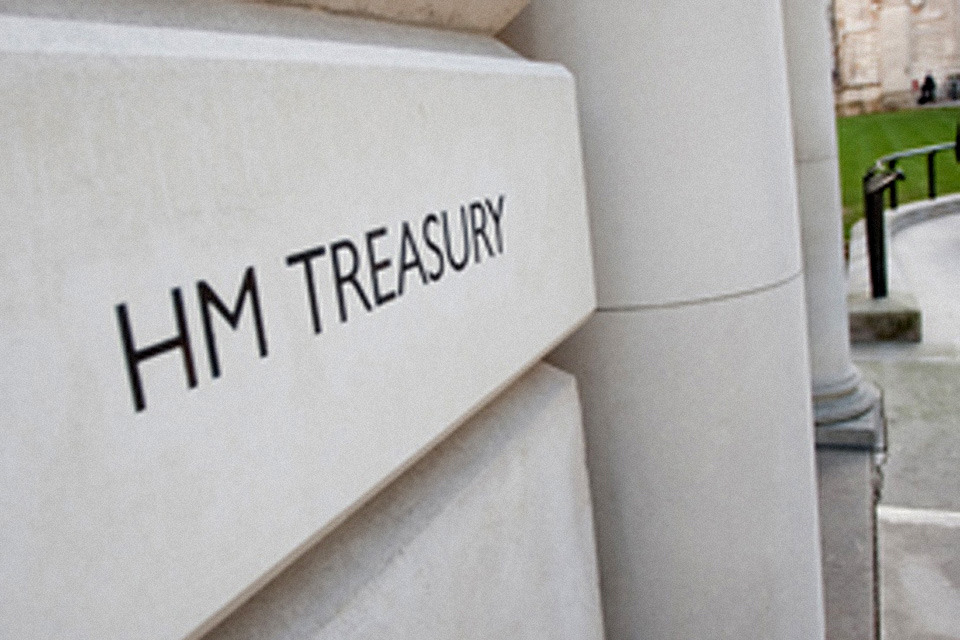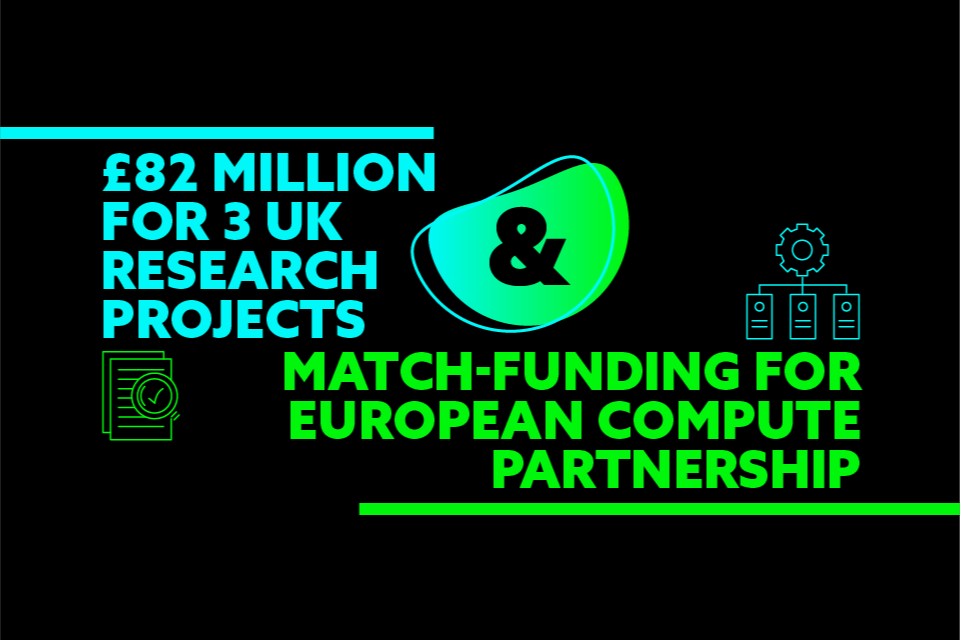- £82.6 million in new flexible forms of research funding to support UK companies tackling cancer and accelerating drug discovery using AI and more
- Collaboration between British and European experts on AI and High-Performance Computing gets match-funding boost
- Backing for both these schemes shows the UK’s commitment to seizing the potential of new technologies like AI, to drive forward the Plan for Change
The UK government is today (Tuesday 11 February) unveiling £82.6 million in new flexible forms of research funding, plus a new commitment to give UK researchers access to cutting-edge computing resources as part of a plan to unlock the power of AI.
Two of the three projects benefiting from this support, which is helping to pioneer new ways of conducting research, will harness the power of AI to develop treatments and diagnostics for diseases like cancer and Alzheimer’s.
Coming as day two of the AI Action Summit gets underway, this is the latest evidence of the government’s commitment to seizing the potential of new technologies like AI to drive forward the Plan for Change, delivering economic growth and progress in key fields like health.
The government is putting £37.9 million backing behind three innovative British research projects, the Research Ventures Catalyst (RVC) programme. Together with a further £44.7 million in co-investment across the three projects, from other sources, this makes for a total £82.6 million backing.
The RVC programme is delivering novel ways of funding groundbreaking research, such as endowments, which are flexible and reflect the real needs of cutting-edge innovators. Too often, inflexible funding has been a barrier to some of the most innovative and creative research or has been an obstacle to new innovative businesses looking to scale-up. The RVC programme will support pioneering work training AI on the NHS’s vast pool of cancer data, drug discovery research, and more.
Today also sees the government expand UK involvement in the European High-Performance Computing (EuroHPC) Joint Undertaking by committing £7.8 million to fund UK researchers and businesses’ participation in EuroHPC research. This will mean British AI and high-performance computing researchers can work unobstructed with their peers across Europe. International collaboration and broad access to computational resources will be key to unlocking the benefits AI promises to deliver across society and the economy.
These announcements come on the final day of the AI Action Summit in France, where world leaders and AI companies have been holding a series of talks focused on the opportunities the technology can deliver for communities across the globe. The opportunities of AI are an area the UK government has placed a heavy focus on to kickstart 2025 – unveiling a new blueprint with 50 proposals in January which will spark a decade of national renewal.
Science and Technology Secretary, Peter Kyle said:
The focus of this Summit has been on how we can put AI to work in the public interest, and today’s announcements are living proof of how the UK is leading that charge through our Plan for Change.
We’ve already set out a bold new blueprint for AI which will help to spark a decade of national renewal, and key to that plan is supporting our expert researchers and businesses with the support they need to drive forward their game-changing innovations.
Today, we open new avenues for them to do exactly that – building bridges with our international partners so the entire global community can share in the boundless opportunities of AI-powered progress and backing new innovative companies applying AI to tackle real-world challenges.
Health and Social Care Secretary Wes Streeting said:
NHS innovation saved my life when I was diagnosed with cancer and treated by a world-class surgeon equipped with a robot. I want more patients to benefit from this kind of groundbreaking treatment, and AI will be central to our efforts.
This new funding is another step to unlock the enormous potential of AI for cancer research and drug discovery – ensuring more patients like me experience the highest quality care.
AI will help us speed up diagnoses, cut waiting times for patients and free up staff, as we deliver our Plan for Change and shift the NHS from analogue to digital.
EuroHPC is a high-powered compute partnership which pools EU resources with those of participating states. Businesses and researchers will now be supported to participate in EuroHPC research grants in the development of supercomputers and in their deployment to tackle the most pressing scientific challenges, working in tandem with like-minded partners on the continent. UKRI will work with businesses and researchers to support them to apply for grants where match-funding is available.
The three projects being supported by the Research Ventures Catalyst (RVC) programme.
PharosAI
£18.9 million government funding plus £24.7 million co-investment. PharosAI, whose King’s College London site is being visited by AI Minister Clark today, will bring together decades of NHS and Biobank data and host it on a unified, powerful, secure, AI platform. This will revolutionise cancer care by accelerating the development of the next generation of AI models which will deliver new breakthroughs for diagnosing and treating the disease – transforming outcomes for patients and saving lives.
Professor Anita Grigoriadis, Professor of Molecular and Digital Pathology at King’s College London, CEO of PharosAI said:
AI has the potential to revolutionise cancer care. The UK has a real opportunity to be a major innovator, leading to faster diagnosis, novel and more targeted cancer treatments, and better-informed healthcare for patients. PharosAI will democratise cancer AI and create an ecosystem to navigate the path to AI-powered precision medicine. Thanks to the RVC programme, we will build an unique operational approach between King’s College London, Queen Mary University of London, Guy’s and St Thomas’ NHS Foundation Trust, Barts Health Trust and industry partners. Our innovative collaboration will accelerate scientific breakthroughs and bring vastly improved cancer care to tomorrow’s patients.
Bind Research
£12.9 million government funding plus £12.9 million co-investment. The team at Bind Research meanwhile will tap into AI to learn the rules of drugging currently undruggable proteins, offering hope to cure diseases that were once thought to be untreatable. It will do this by targeting disordered proteins associated with various diseases which could unlock scores of new avenues for treatment – potentially giving thousands of patients across the country a new lifeline.
Dr Gabi Heller, Dr Thomas Löhr, and Dr Gogulan Karunanithy, scientific co-founders, Bind Research said:
The Research Ventures Catalyst Programme has been a game changer for Bind Research. It allowed us to reimagine our approach by adopting a not-for-profit Focused Research Organisation model – a strategy that, until now, was largely uncharted territory in the UK. This innovative structure enables us to harness collective expertise to deliver AI-enhanced tools and datasets as public goods to advance our mission of making disordered proteins druggable for everyone.
MEMetic
£6.1 million government funding plus £7.1 million co-investment. MEMetic will receive funding for work to revolutionise water management by combining nature’s highly evolved solutions with state-of-the-art polymer chemistry. This will support them to develop new solutions in a range of fields from lithium recovery in battery recycling, to facilitating clean water access – helping the world tackle the climate crisis.
Professor Alan Goddard and Dr Matthew Derry, Aston University said:
MEMetic represents the culmination of years of planning a significant, challenging, interdisciplinary research program which promises massive real-world benefits. This RVC award will allow us to leverage our fundamental science to create bespoke bioinspired filtration membranes for a range of industries. Such research really requires long term funding which is set up to take research to an applied setting and the Research Venture we envisage perfectly matches our philanthropic aims for water treatment for all.
Notes to editors
PharosAI is a joint venture between King’s College London, Queen Mary University of London, Guy’s and St Thomas’ NHS Foundation Trust, and Barts Health NHS Trust.
MEMetic is led by researchers at the Aston Institute for Membrane Excellence at Aston University.






